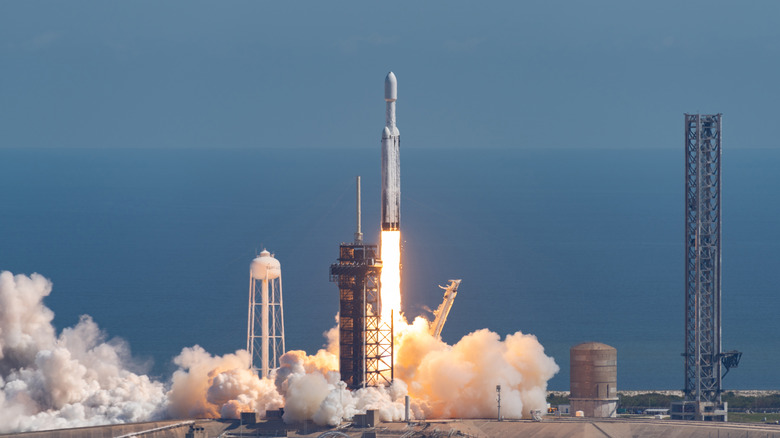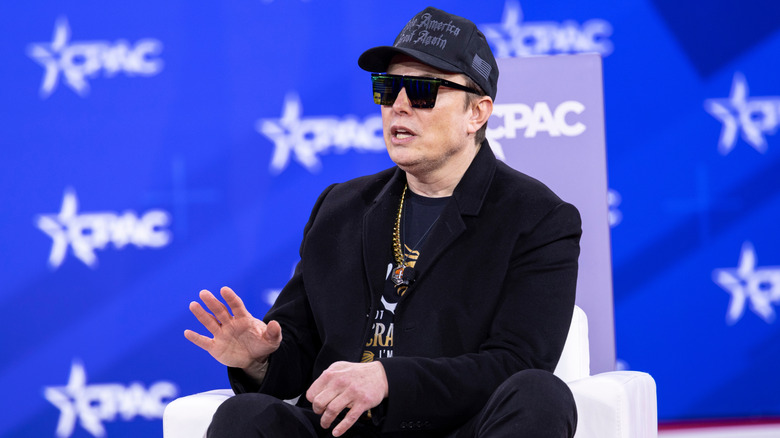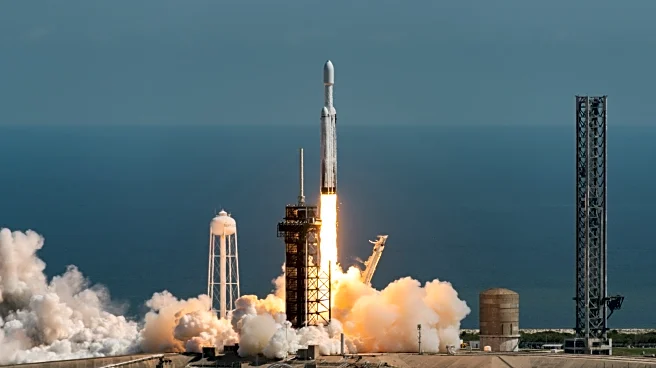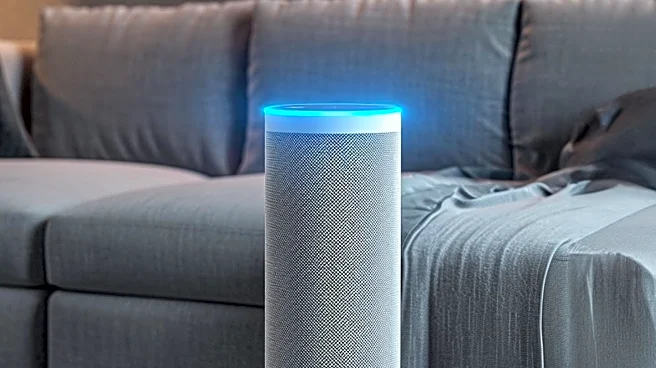
SpaceX submitted a letter to the government of South Africa asking it for an exemption from post-apartheid laws meant to help bring Black citizens out of the poverty imposed upon them by the former state.
Instead, SpaceX, which wants to operate its Starlink internet service in the country, wants the regulators to implement "equity equivalent investment programs" with "uniform empowerment regulation."
The rules SpaceX is arguing against require communications companies (and many others) to have a certain percentage of ownership and control by Black South Africans, as explained by Bloomberg, which obtained the letter. The Black Economic Empowerment (BEE) system was put in place during the 1990s as apartheid collapsed in the country, and enterprises (nearly all white-owned) had to figure out how to navigate the new political and social reality. The ownership quota was the result.
It's been a fairly rocky road since, and the BEE system isn't universally popular. Just this month, the Economist published an article arguing against the system, citing an estimate that it ends up costing South Africa's GDP about 2-4%. Meanwhile, the government has given a number of industries exemptions already, including to automakers BMW, Ford, and Toyota. SpaceX is functionally asking for the entire telecoms industry -- not just Starlink -- to be granted the same exemptions as the automotive industry.
Read more: Cheap-Feeling, Underpowered, Or Just Ugly, These Cars Don't Justify Their Price
Obviously, It's All About Elon (According To Elon)

Of course, SpaceX's CEO is Elon Musk, who is both South African and rarely subtle. Back in March he posted on X -- the social media site he owns -- that "Starlink is not allowed to operate in South Africa, because I'm not black," in a clear reference to the BEE laws. Later that same month, Musk repeated his earlier claim, in addition to accusing one of the country's political parties of "actively promoting white genocide."
Given that Musk spent the first few months of this year trying to transform American government, he's made it clear that he's willing to take a chainsaw to regulations, and regulators, that he doesn't like (which is to say, pretty much all of them). In the meantime, Starlink suddenly got a whole lot of U.S. government contracts.
SpaceX's letter does proposes setting up alternatives to the BEE system; as a reference, the car companies which achieved similar carve-outs set up a fund to help Black South Africans get into the automotive industry. For what it's worth, having some sort of wireless internet service provider does make a lot of sense for South Africa. Access to the web comes in at a dismal 1.7% of rural households, which are majority Black. If a company can actually increase that access, that would be a huge positive, but it also involves a lot more than just putting up some satellites.
Want more like this? Join the Jalopnik newsletter to get the latest auto news sent straight to your inbox...
Read the original article on Jalopnik.









